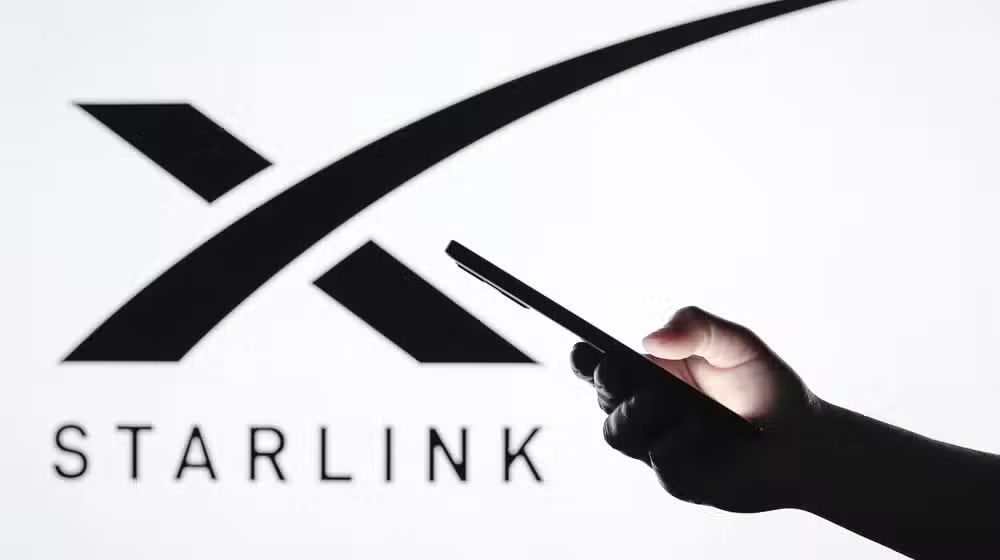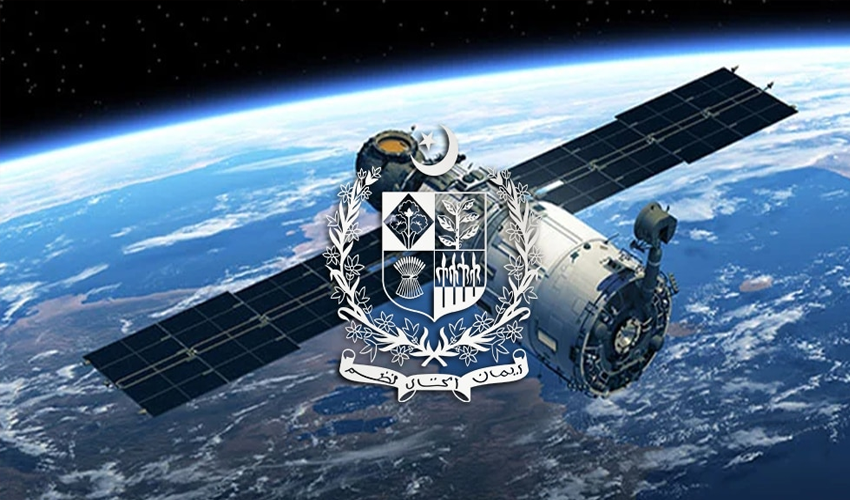A Breakthrough for Satellite Internet Providers
The Pakistan Telecommunication Authority (PTA) has released a draft license framework for Fixed Satellite Services (FSS), opening the way for global and local satellite internet providers, including Elon Musk’s Starlink, to formally operate in Pakistan. Experts see this as a transformative step that could significantly improve connectivity in remote and underserved regions.
Simplified Licensing Process
The draft FSS license was developed with input from stakeholders during the February 2025 consultation process. Unlike the previous requirement of 15 separate licenses costing around US $640,000, companies will now only need a single license with a fee of US $500,000.
This streamlined process is expected to encourage new entrants, reducing barriers for international players eager to enter Pakistan’s digital market.
Scope of Services
Under the framework, licensees will be able to establish and operate:
- Fixed Earth Stations
- Gateway Earth Stations
- Very Small Aperture Terminals (VSAT)
These facilities will enable broadband, backhaul, intranet, and satellite bandwidth services, positioning Pakistan as a potential hub for next-generation satellite internet.
License Duration and Requirements
The license will be valid for 15 years and requires operators to:
- Launch services within 18 months of approval
- Establish at least one Gateway Earth Station in Pakistan
- Ensure all user data remains within Pakistan in compliance with national security and digital sovereignty rules
Role of PSARB in Regulation
Before applying for a PTA license, companies must register with the Pakistan Space Activities Regulatory Board (PSARB). Formed under the Pakistan Space Activities Rules 2024, PSARB is responsible for authorizing and regulating outer space activities in Pakistan.
The Board, working with international consultants, is creating a framework covering licensing, frequency coordination, safety, and data protection. This is in line with the National Space Policy 2023 and aims to foster a transparent and competitive space environment.
READ MORE: TECNO Launches Latest Spark 40 in Pakistan
Financial Commitments
The draft license outlines a clear financial structure, including:
- US $500,000 initial license fee
- 1.5% of gross revenue contribution to the Universal Service Fund
- 0.5% spectrum usage fee
- 0.5% annual license fee
This balanced revenue-sharing model supports both regulatory oversight and business growth while funding digital inclusion initiatives.
Public Feedback Invited
PTA has published the draft license on its website, inviting feedback until September 19, 2025. Industry watchers believe this move could pave the way for international giants like Starlink (SpaceX), OneWeb, and Shanghai Spacecom Satellite Technology (SSST) to establish a strong presence in Pakistan’s satellite internet sector.




